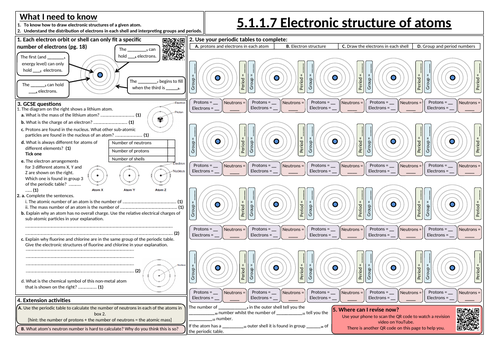
42Uploads
4k+Views
514Downloads
All resources

Transport in cells: Active transport
Knowledge organiser designed to be printed in A3, however smaller scales (A4) can be used. The resource is constructed to be used for class work, independent/group learning through the sign-pointed references to textbooks, revision guides and web sites. The page numbers stated in each box can be easily adjusted to other reading/research materials.
The scaffolded work starts with appropriate notes on active transport, how carrier proteins work,
comparison of diffusion, osmosis and active transport and ends with GCSE questions.
Embedded QR codes take the student to appropriate revision sites (YouTube and BBC Bitesize).
Mark scheme is included for all answers.

Response to Exercise and Metabolism [foundation tier]
Knowledge organiser designed to be printed in A3, however smaller scales can be used. The resource is constructed to be used for class work, independent/group learning through the sign-pointed references to textbooks, revision guides and web sites. The page numbers stated in each box can be easily adjusted to other reading/research materials.
The scaffolded work starts with how the breathing and circulatory system responds to exercise, metabolism (including examples) and ends with past paper GCSE questions.
Embedded QR codes take the student to appropriate revision sites (YouTube and BBC Bitesize).
Mark scheme is included for all answers.

Lungs and gas exchange
Knowledge organiser designed to be printed in A3, however smaller scales (A4) can be used. The resource is constructed to be used for class work, independent/group learning through the sign-pointed references to textbooks, revision guides and web sites. The page numbers stated in each box can be easily adjusted to other reading/research materials.
The scaffolded work starts with role of the lungs, lung structure, adaptations of the alveoli, composition of inhaled and exhaled air, ventilation/breathing mechanics and ends with past paper GCSE questions.
Embedded QR codes take the student to appropriate revision sites (YouTube and BBC Bitesize).
Mark scheme is included for all answers.

Heart and Double Circulatory System
Knowledge organiser designed to be printed in A3, however smaller scales (A4) can be used. The resource is constructed to be used for class work, independent/group learning through the sign-pointed references to textbooks, revision guides and web sites. The page numbers stated in each box can be easily adjusted to other reading/research materials.
The scaffolded work starts with the structure of the heart, heart notes, double circulatory system, extension activities and ends with past paper GCSE questions.
Embedded QR codes take the student to appropriate revision sites (YouTube and BBC Bitesize).
Mark scheme is included for all answers.

Translocation and Transpiration
Knowledge organiser designed to be printed in A3, however smaller scales can be used. The resource is constructed to be used for class work, independent/group learning through the sign-pointed references to textbooks, revision guides and web sites. The page numbers stated in each box can be easily adjusted to other reading/research materials.
The scaffolded work starts with how plants use water, transpiration stream, factors affecting transpiration, potometers, guards cells and ends with past paper GCSE questions.
Embedded QR codes take the student to appropriate revision sites (YouTube and BBC Bitesize).

Transport in Cells: Diffusion
Knowledge organiser designed to be printed in A3, however smaller scales can be used. The resource is constructed to be used for class work, independent/group learning through the sign-pointed references to textbooks, revision guides and web sites. The page numbers stated in each box can be easily adjusted to other reading/research materials.
The scaffolded work starts with the diffusion notes, concept of net movement, cell membranes and diffusion, factors that affect diffusion and ends with past paper GCSE questions.
Embedded QR codes take the student to appropriate revision sites (YouTube and BBC Bitesize).
Mark scheme is included for all answers.

RPA Photosynthesis [pondweed - higher tier]
Knowledge organiser designed to be printed in A3, however smaller scales can be used. The resource is constructed to be used for class work, independent/group learning through the sign-pointed references to textbooks, revision guides and web sites. The page numbers stated in each box can be easily adjusted to other reading/research materials.
The scaffolded work starts with the methodology, YouTube based experiment simulation, record of results, illustrating work in graph form, conclusion of results, control factors and experiment improvements.
In addition to the foundation based RPA Photosynthesis sheet, this sheet covers the inverse square law and how distance affects the light intensity and therefore the rate of photosynthesis.
Embedded QR codes take the student to appropriate revision sites (YouTube and BBC Bitesize).
Mark scheme is included for all answers.

Plant organisation
Plant organisation PowerPoint that links with the animal and plant cell structures work sheet, plant leaf organisation knowledge organiser and You Say We Pay plenary activity at the end.
The animal and plant cell sheet includes an extension activity and a QR code that will take students to BBC Bitesize for revision and research.

Enzymes and Bile
Knowledge organiser designed to be printed in A3, however smaller scales (A4) can be used. The resource is constructed to be used for class work, independent/group learning through the sign-pointed references to textbooks, revision guides and web sites. The page numbers stated in each box can be easily adjusted to other reading/research materials.
The scaffolded work starts with enzymes, lock and key theory, 3 main enzymes (substrates and products), the action of bile (emulsification) and ends with past paper GCSE questions.
Embedded QR codes take the student to appropriate revision sites (YouTube and BBC Bitesize).
Mark scheme is included for all answers.

RPA Photosynthesis [pondweed]
Knowledge organiser designed to be printed in A3, however smaller scales can be used. The resource is constructed to be used for class work, independent/group learning through the sign-pointed references to textbooks, revision guides and web sites. The page numbers stated in each box can be easily adjusted to other reading/research materials.
The scaffolded work starts with the methodology, YouTube based experiment simulation, record of results, illustrating work in graph form, conclusion of results, control factors and experiment improvements.
Embedded QR codes take the student to appropriate revision sites (YouTube and BBC Bitesize).
Mark scheme is included for all answers.

Photosynthesis, limiting factors and uses of glucose
Knowledge organiser designed to be printed in A3, however smaller scales can be used. The resource is constructed to be used for class work, independent/group learning through the sign-pointed references to textbooks, revision guides and web sites. The page numbers stated in each box can be easily adjusted to other reading/research materials.
The scaffolded work starts with the photosynthesis notes, photosynthesis equations, limiting factors of photosynthesis (including annotated graphs), how the plant uses its glucose and ends with past paper GCSE questions.
Embedded QR codes take the student to appropriate revision sites (YouTube and BBC Bitesize).
Mark scheme is included for all answers.

Mitosis and the cell cycle
Knowledge organiser designed to be printed in A3, however smaller scales can be used. The resource is constructed to be used for class work, independent/group learning through the sign-pointed references to textbooks, revision guides and web sites. The page numbers stated in each box can be easily adjusted to other reading/research materials.
The scaffolded work starts with appropriate notes on human genetics, the need for cell division, the cell cycle stages, what happens to the chromosomes at each stage and ends with GCSE questions.
Embedded QR codes take the student to appropriate revision sites (YouTube and BBC Bitesize).
Mark scheme is included for all answers.

RPA Osmosis [movement of water in plant tissues]
Knowledge organiser designed to be printed in A3 and can be used in conjunction with textbooks.
The scaffolded work starts with RPA method, results gathering, conclusion and ends with past paper GCSE questions.

Blood and Blood vessels
Knowledge organiser designed to be printed in A3 and can be used in conjunction with textbooks.
The scaffolded work starts with the four parts to the blood, 3 blood vessels and ends with past paper GCSE questions.

Hormones in human reproduction
Knowledge organiser designed to be printed in A3 and can be used in conjunction with textbooks.
The scaffolded work starts with labelling reproductive organs, secondary sexual characteristic, menstrual cycle hormones, contraception and ends with past paper GCSE questions.
Embedded QR codes to take the student to appropriate revision sites (YouTube and BBC Bitesize).

Cells types and organelle function
Knowledge organiser designed to be printed in A3 and can be used in conjunction with textbooks.
The scaffolded work starts with cell types (animal, plant then bacteria), cell structure functions and ends with past paper GCSE questions.

Effect of pH and temperature on enzymes
Knowledge organiser designed to be printed in A3, however smaller scales (A4) can be used. The resource is constructed to be used for class work, independent/group learning through the sign-pointed references to textbooks, revision guides and web sites. The page numbers stated in each box can be easily adjusted to other reading/research materials.
The scaffolded work starts with appropriate notes on enzyme shape, denaturing enzymes, rates of reaction due to pH and temperature (with appropriate annotations) and ends with GCSE questions.
Embedded QR codes take the student to appropriate revision sites (YouTube and BBC Bitesize).
Mark scheme is included for all answers.

Transport in cells: Osmosis
Knowledge organiser designed to be printed in A3, however smaller scales (A4) can be used. The resource is constructed to be used for class work, independent/group learning through the sign-pointed references to textbooks, revision guides and web sites. The page numbers stated in each box can be easily adjusted to other reading/research materials.
The scaffolded work starts with appropriate notes on osmosis definition, permeable membranes, effect of solute concentration on water concentration, turgity of plant cells, flaccid and plasmolysis, examples of osmosis, osmosis in animal cells, prediction of osmosis in plant cell diagrams and ends with GCSE questions.
Embedded QR codes take the student to appropriate revision sites (YouTube and BBC Bitesize).
Mark scheme is included for all answers.
Bundle

RPA Photosynthesis [pondweed]
Bundle covers the RPA and differentiates between Higher and Foundation tiers. Specifically the effect of distance on light intensity.

Electronic structures
Knowledge organiser designed to be printed in A3, however smaller scales (A4) can be used. The resource is constructed to be used for class work, independent/group learning through the sign-pointed references to textbooks, revision guides and web sites. The page numbers stated in each box can be easily adjusted to other reading/research materials.
The scaffolded work starts with appropriate notes on electron orbits, the electron structures for the first 20 elements in the periodic table, group/periods/proton/electron numbers, appropriate notes on the relationships of group and period numbers in relation to the atomic structure and ends with GCSE questions.
Extension activities include the calculation of neutron numbers using the atomic mass and number and the consideration of RAM for chlorine.
Embedded QR codes take the student to appropriate revision sites (YouTube and BBC Bitesize).
Mark scheme is included for all answers.

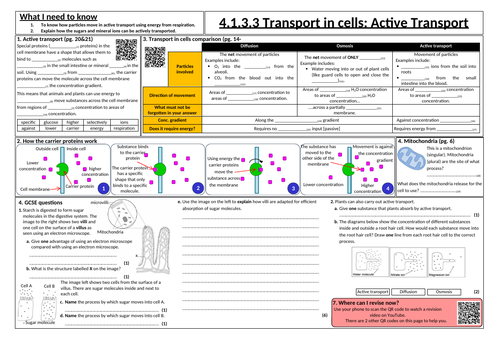
![Response to Exercise and Metabolism [foundation tier]](https://dryuc24b85zbr.cloudfront.net/tes/resources/12858185/image?width=500&height=500&version=1687934898405)
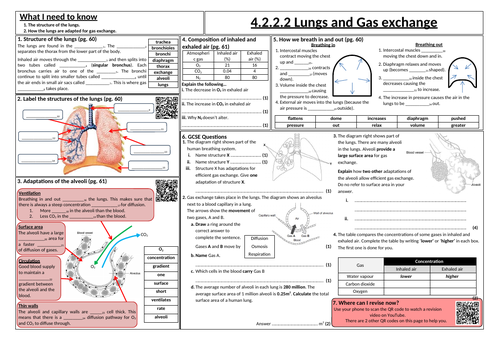
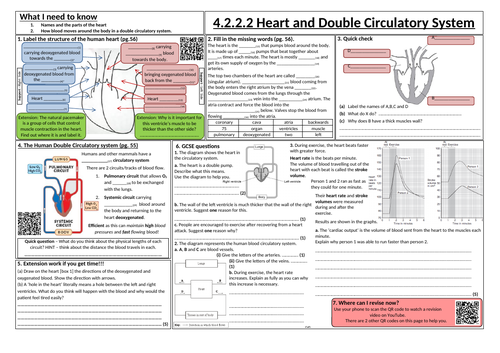
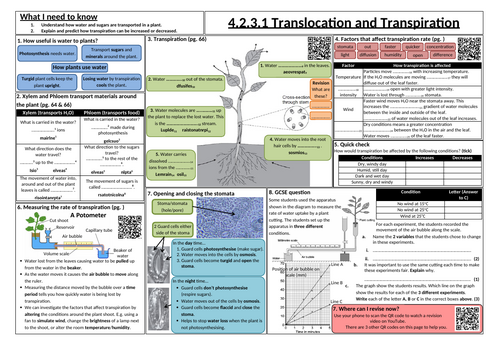
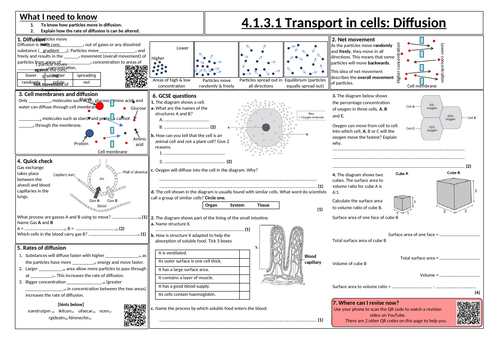
![RPA Photosynthesis [pondweed - higher tier]](https://dryuc24b85zbr.cloudfront.net/tes/resources/12707589/image?width=500&height=500&version=1687935015932)
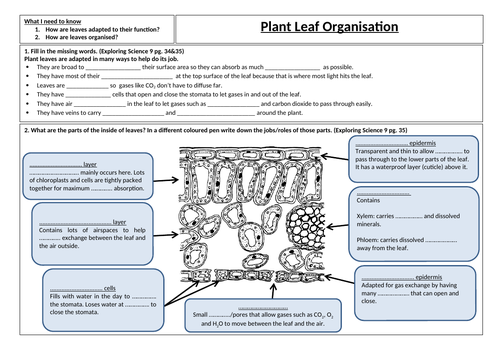

![RPA Photosynthesis [pondweed]](https://dryuc24b85zbr.cloudfront.net/tes/resources/12707585/image?width=500&height=500&version=1687935033523)
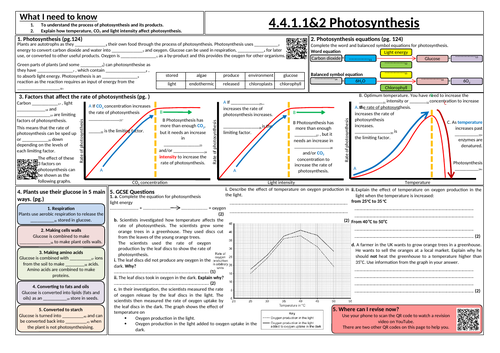
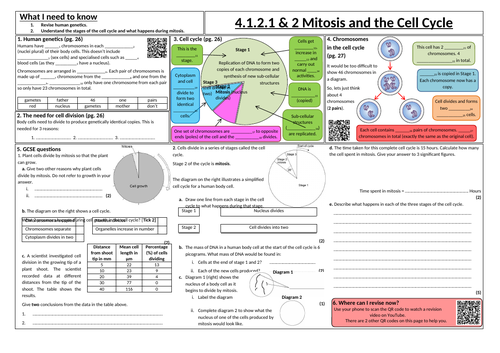
![RPA Osmosis [movement of water in plant tissues]](https://dryuc24b85zbr.cloudfront.net/tes/resources/12621374/image?width=500&height=500&version=1641984869963)
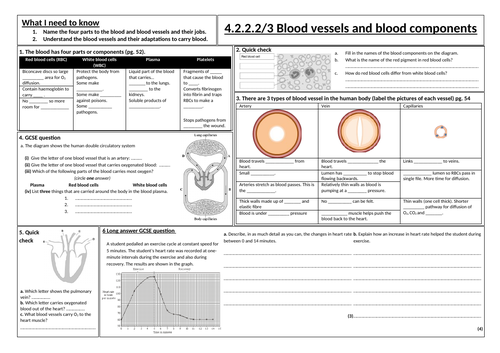
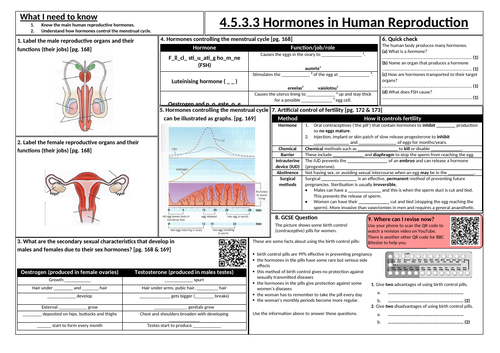

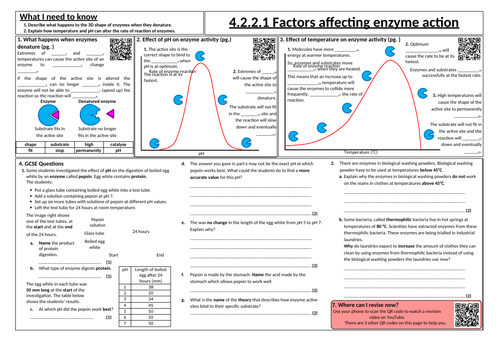
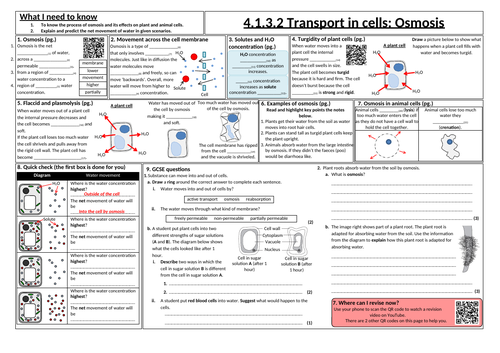
![RPA Photosynthesis [pondweed]](https://d1e4pidl3fu268.cloudfront.net/657e822d-cf35-4d88-9a19-03f1d39325fb/Pondweed.crop_616x461_56,0.preview.png)
